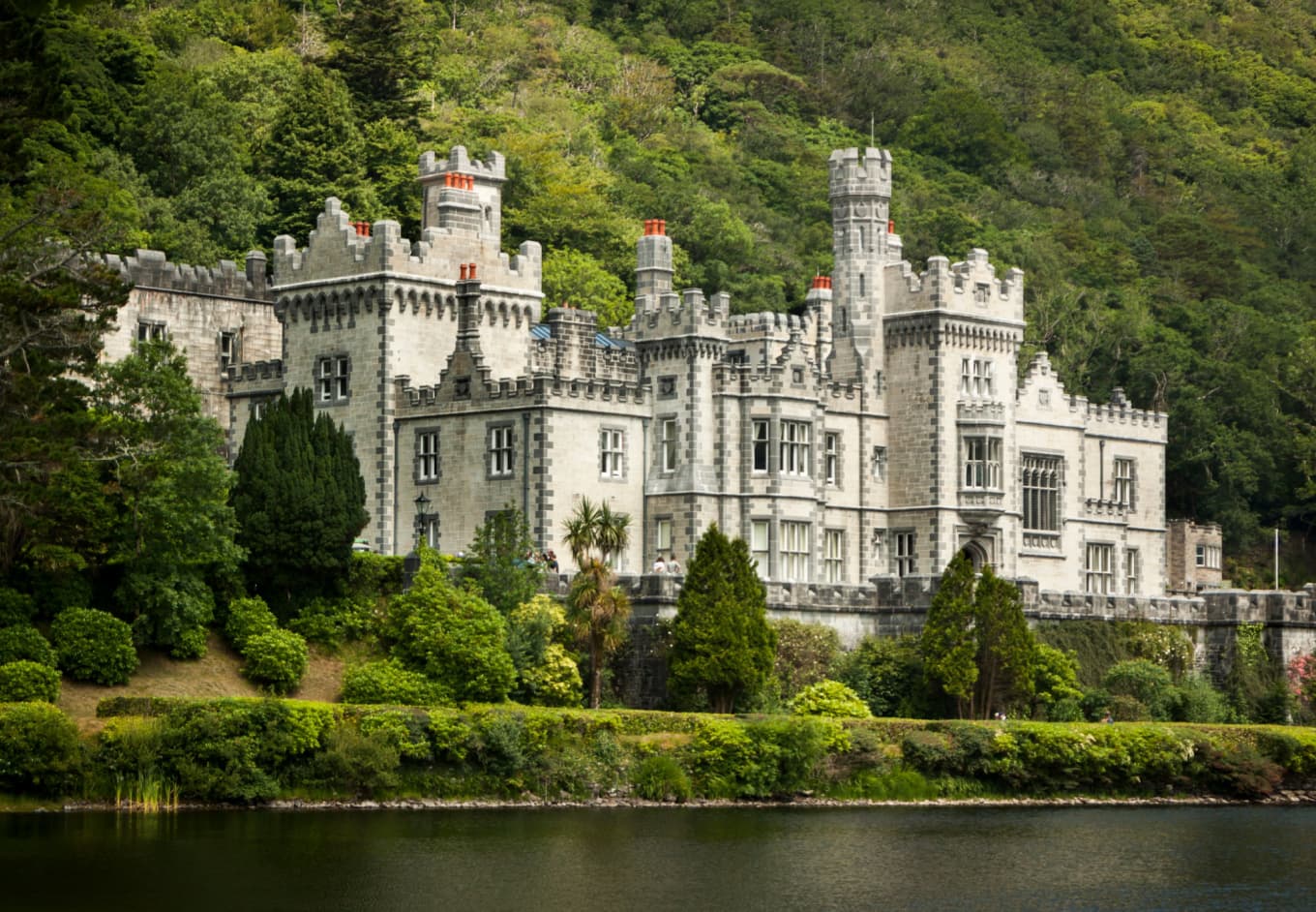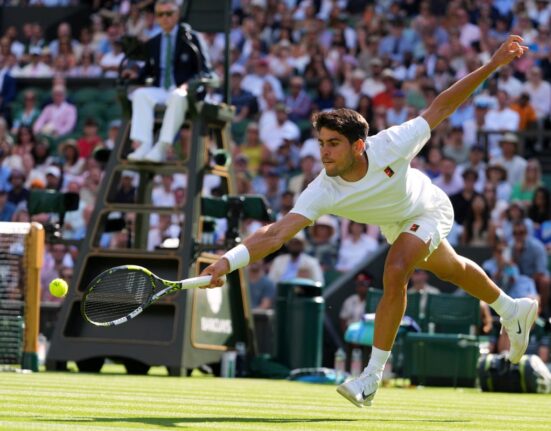Amid the jostling for power in the European Union, a pivotal question looms large – who will take the reins of the Eurogroup? This prestigious position holds significant sway over economic policies within the EU. The contenders in this high-stakes race are Ireland, Lithuania, and Spain.
Each country brings its unique strengths to the table. With Ireland’s strong economic performance and experience navigating financial crises, it presents a compelling case for leadership. Lithuania boasts a solid track record of fiscal responsibility and adherence to EU guidelines. Meanwhile, Spain’s sheer size and influence in Southern Europe make it a formidable candidate.
As political maneuvers unfold behind closed doors, experts weigh in on the potential outcomes. One analyst remarked,
“The Eurogroup leadership is not just about economic prowess; it requires diplomatic finesse to navigate diverse interests.”
This sentiment underscores the nuanced nature of EU politics.
In a recent twist, Switzerland made headlines by indicting two men with alleged links to the Islamic State (IS). This development adds another layer of complexity to European security concerns. The specter of terrorism continues to cast a shadow over the continent, underscoring the importance of robust international cooperation.
Against this backdrop of geopolitical challenges, the upcoming decision on Eurogroup leadership takes on added significance. The chosen candidate will be tasked with steering economic policies that impact millions across Europe. As one economist noted,
“The Eurogroup leader must strike a delicate balance between austerity measures and growth initiatives.”
While Ireland, Lithuania, and Spain vie for this coveted role, alliances are forged and broken behind closed doors. Whispers of backroom deals and strategic negotiations echo through Brussels’ corridors as each nation makes its case for supremacy.
In conclusion, as Europe grapples with internal strife and external threats, the question of who will lead the Eurogroup remains unanswered. The outcome of this leadership battle will reverberate far beyond EU borders, shaping economic trajectories and policy decisions for years to come.









Leave feedback about this